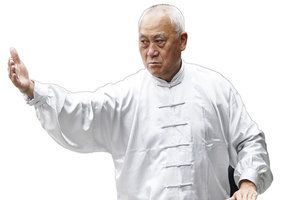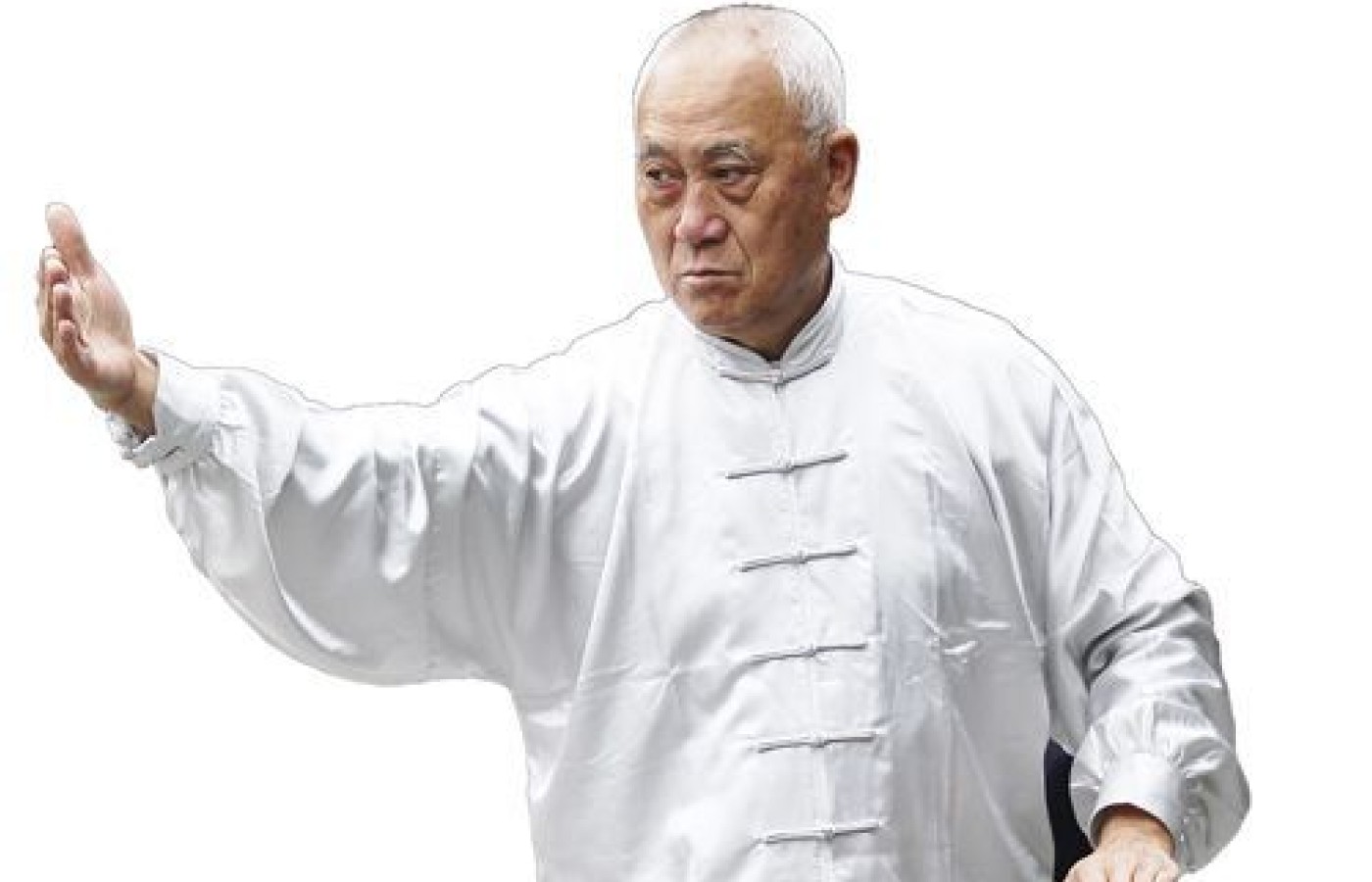The most important relationship I seek to nurture in the treatment room is the one a patient has with their own body. We live in a culture that teaches us to override pain, defer to outside authority, and push through discomfort. Patients often arrive hoping I can “fix” them, but the truth is, we can’t do the work for them. We can offer guidance, insight and support, but healing requires their full participation.
Getting Unstuck: Healing From Trauma With TCM, Qigong & Movement
We all come into this world vulnerable, with seeds to grow into our strength. Some of us — through a combination of good fortune (i.e., family and culture we are born into, constitutional inheritance, or ability to learn) grow with minimal interruption from traumatic injuries and experiences. While others, after experiencing a range of traumatic experiences, get stuck in fear and pain, and are affected for years to come. When we aren't achieving what others are, we might feel alone or not as competent. We may even think, "Something's wrong with me." Other people get hurt and seem to quickly recover, moving forward with their lives. Does this make us more "sensitive" than other people, or "weak"?
Survivors of war, natural disasters, domestic violence and sexual abuse have been exposed to extremely frightening and harmful life experiences, and sometimes repeatedly for many weeks, months or years. Modern research has found that such traumatic experiences change not only how we think and what we think about, but also our capacity to think. For healing to be possible, the body needs to learn that the danger has passed and to live in the reality of the present.1

While caring attention benefits survivors of trauma, research indicates that therapy alone is not enough. Trauma affects more primitive parts of our brains than the cerebral cortex where cognitive understanding from insight makes its mark. The limbic area and the amygdala, which are affected by trauma, can be trained by meditative practices, and catalyzed by acupuncture treatments, to know the basic safety and goodness of being present in an open and relaxed way. Modern research finds that the most helpful approaches to healing trauma are techniques of meditative movement practice and treatments that bring us into our bodies in the present.
Many cultural traditions offer paths to transformative healing and growth; yoga, qigong and tai chi are some of the practices from Asia that have become increasingly helpful to people in the West in recent decades. And there are western approaches, such as Pilates or Feldenkrais, that empower kinesthetic awareness in the present that can catalyze healing in a similar way.
When survivors of trauma have the good fortune to know friends, healers or teachers who point them to a healing path, they might embrace new practices because encouragement from a trusted source makes it less of a stretch to step outside our comfort zone. Less fortunate survivors of trauma might struggle for many years, living daily with memories of old hurts still carried in the body. Reliving historic traumatic events can be more harmful than the event itself, given the unpredictable timing and duration of flashbacks, and the body's likely habituation to releasing a cascade of stress hormones following simple reminders of a past experience.
Bessel van der Kolk tells a story about the mental health follow-up to the September 11, 2001 terrorist attacks. Dr. Spencer Eth, then medical director of behavioral health services at St. Vincent's Hospital in Manhattan, was curious where survivors turned for help, so he conducted a survey of 225 people who had escaped from the Twin Towers. He asked what had been helpful in overcoming the effects of their experience, the survivors credited acupuncture, massage, yoga, and EMDR (in that order).2
I have seen many clients benefit from acupuncture in healing from all sorts of trauma — survivors of complex abuse, combat veterans, victims of natural disasters and terrorism. I've seen how simple qigong practices can provide such people with greater power to regulate their own emotional world.
As the mainstream western medical and mental health communities continue to face the limits and problems with pharmaceutical interventions to manage the emotional toll of trauma, acupuncturists and other traditional healers will be called upon to offer an embodied experience of healing that can serve a large population longing to move forward into the present. When we learn how diverse forms of movement from yoga and qigong to all sorts of aerobic exercise can bring us into our bodies, we can discover our strengths and develop our gifts.
As acupuncturists, we have an important role in freeing people from ways they have been stuck for years, and opening new possibilities for change and growth.
References
- van der Kolk B. "The Body Keeps the Score: Brain, Mind and Body in the Healing of Trauma." Penguin Books, 2014; 21.
- van der Kolk B. "The Body Keeps the Score: Brain, Mind and Body in the Healing of Trauma." Penguin Books, 2014; 231.



